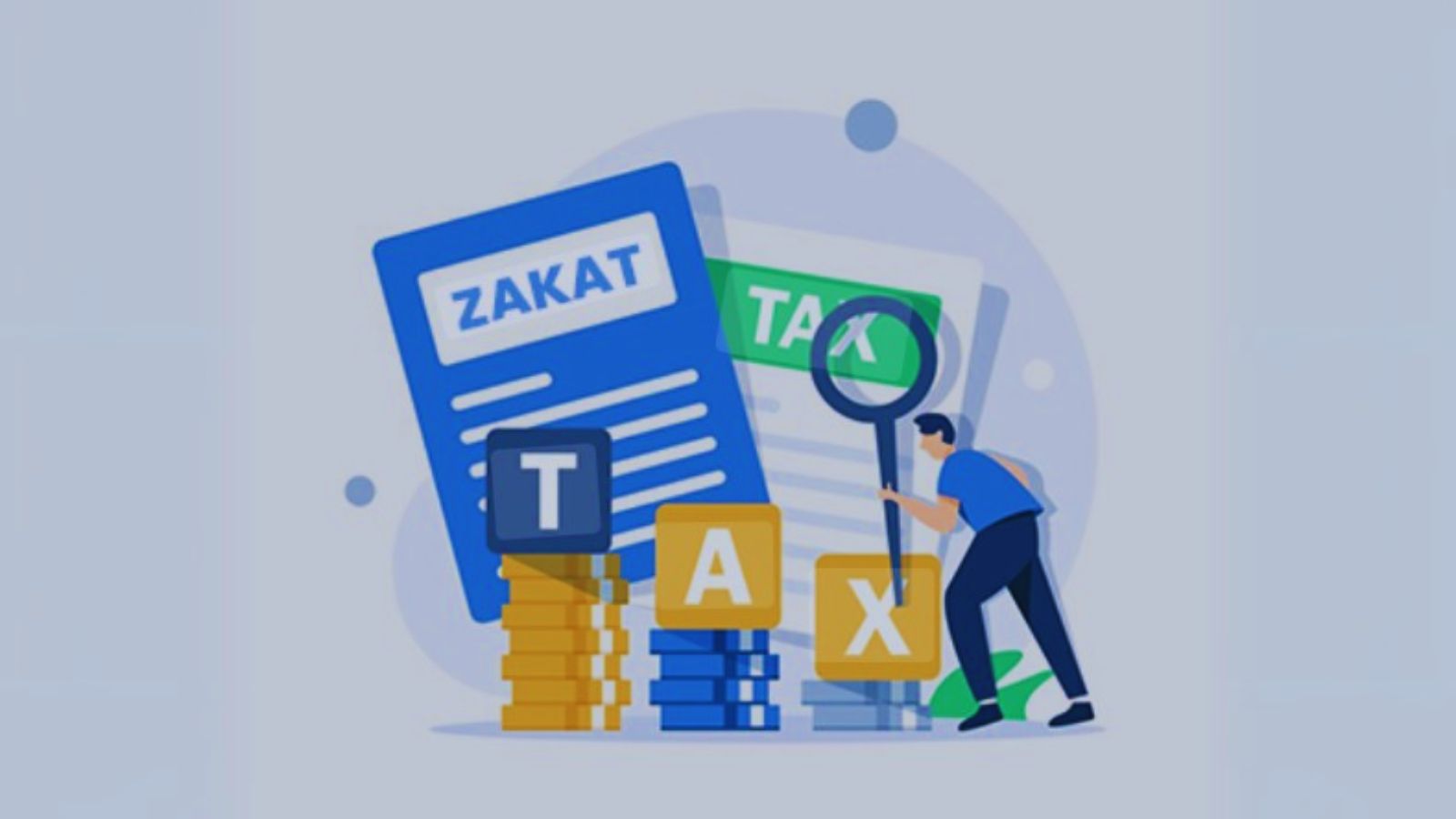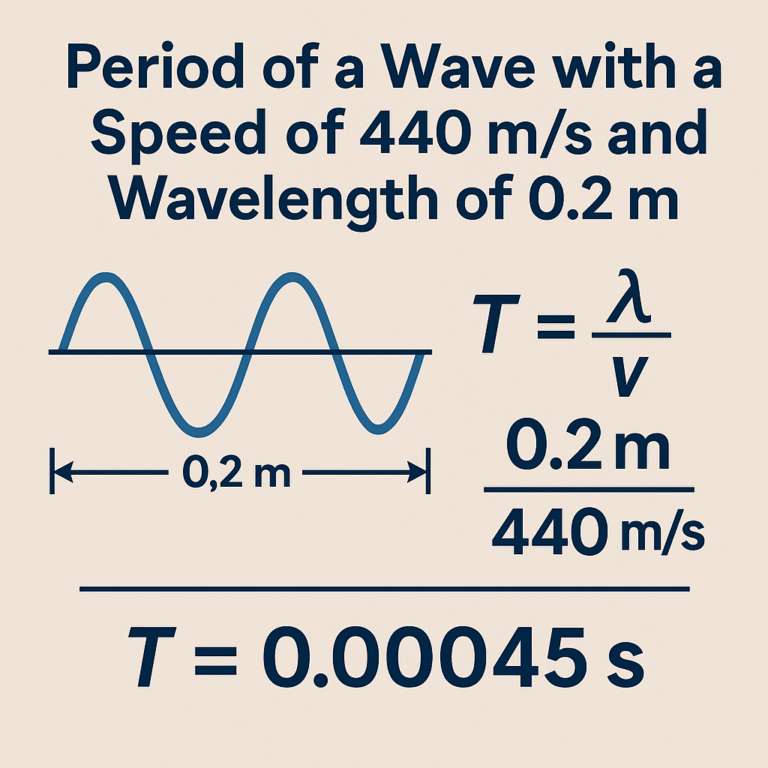Zakat and Tax: What You Need to Know
Money leaves your hand in many ways. Two of the most common are Zakat and Tax. At first, they may seem alike. Both are payments. Both support others. But they are not the same.
One comes from faith. The other from law.
So, let’s walk through them side by side.
What Is Zakat?
Zakat is one of the Five Pillars of Islam. That makes it a core act of worship, not an optional good deed.
It is an annual duty on wealth. If your savings or assets cross a set minimum, called the Nisab, you give 2.5 percent.
Think of it as trimming a plant. You cut away a little so it can keep growing strong. Zakat works the same way with wealth.
The purpose? To purify your money plus lift others. Your wealth feels cleaner. Someone else’s table feels fuller.
What Is Tax?
Tax is what governments collect to run the state. It is enforced by law.
You pay tax on income, purchases, property, or trade. Rates vary depending on where you live.
Think of it as everyone pitching in to build a big house. Roads, schools, hospitals—tax keeps them standing.
I remember filing my first tax return as a student worker. I groaned at the numbers but smiled later when I walked on a clean, well-lit street.
Find out your exact Zakat amount in seconds. Try our Khaleej Zakat Calculator now and give with confidence.
The Core Difference
The heart of the matter is this.
Zakat is a religious obligation. Tax is a civil obligation.
One connects you to God. The other connects you to the state.
Zakat depends on your faith. Tax depends on your citizenship.
Purpose and Use
Zakat is meant to help the poor, the needy, plus other groups outlined in the Quran. The focus is direct relief. Food on the table. Clothes for children. Debt lifted.
Tax has a broader use. It funds defense, education, healthcare, roads, and more. Some of it also supports welfare programs, but not all.
So while both involve giving, the destinations differ.
Rate and Calculation
Zakat is fixed at 2.5 percent on savings, gold, silver, and other eligible wealth. It kicks in only when you cross the Nisab and hold wealth for a lunar year.
Tax rates? They change all the time. Governments adjust them based on income levels, policies, or national needs. Some are progressive—meaning the rich pay a bigger share.
So, Zakat is steady. Tax is flexible.
Who Collects It?
Zakat is often self-managed. You calculate it yourself, then give it directly to the poor or through a trusted charity. In some Muslim countries, the state collects Zakat officially.
Tax, on the other hand, is always collected by government authorities. If you skip it, penalties follow.
In short, Zakat is between you and God. Tax is between you and the law.
Voluntary vs. Enforced
Another big difference is choice.
Zakat is a matter of belief. You give it willingly as worship. If you skip it, the spiritual loss is yours, though some Islamic governments enforce it.
Tax is mandatory by law. Skip it, and legal action follows.
So, Zakat grows from faith. Tax grows from law.
Can Zakat Replace Tax?
Here’s a common question.
If you already pay heavy taxes, do you still need to give Zakat? The answer is yes. Taxes cannot replace Zakat.
Zakat has a divine formula. Taxes have a human formula. They serve different ends.
That said, some countries let Zakat count as part of tax relief if you donate through approved charities. It eases the burden but does not erase the duty.
Similarities Between the Two
Let’s pause here. Despite differences, Zakat and tax do share some ground.
Both involve giving from wealth.
Both are tied to accountability.
Both support communities.
So, they work like two streams flowing into the same river. One stream is faith. The other is governance. Together, they keep society nourished.
Zakat and Tax in Muslim Countries
In some Muslim states, like Saudi Arabia or Pakistan, Zakat is collected officially along with taxes. Banks may even deduct it automatically from accounts above the Nisab.
Other countries leave it to individuals. People calculate, then give it themselves.
Either way, both systems—religious plus civil—coexist. One cares for the soul. The other for the state.
Practical Example
Let’s make this real.
Say you live in Canada. You earn $50,000 a year. The government deducts tax based on its rates—maybe around $7,000. That money funds schools, hospitals, and public services.
Now, during Ramadan, you check your savings. You held $10,000 in the bank for a full lunar year. That crosses the Nisab. So you calculate 2.5 percent. That’s $250.
You give it to a local mosque that distributes food packs. A family down the street breaks fast with your gift.
Same wallet. Two duties. Two different outcomes.
Why Both Matter
Zakat and tax may feel like double payments. But each has a unique wisdom.
Tax keeps the system running. Zakat keeps compassion alive.
Without tax, services collapse. Without Zakat, hearts grow cold.
Together, they balance life.
Common Misconceptions
“I do not need to give Zakat because I pay high taxes.”
Not true. They are separate duties.
“Zakat only benefits Muslims.”
Not always. While it prioritizes Muslim recipients, many charities use Zakat funds to help anyone in need, especially in emergencies.
“Taxes are unfair, while Zakat is pure.”
Both can be misused by humans. But the principle behind each is sound. One is divine law. The other is civic law.
The Spiritual Angle
Zakat softens your heart. It reminds you that wealth is a trust, not a trophy.
Tax, though less spiritual, teaches discipline. It reminds you that society thrives when everyone carries a share.
Together, they make you both a better believer and a better citizen.
A Personal Note
I once gave Zakat the same week I paid my income tax. One felt like paperwork. The other felt like worship. Both, though, carried a sense of responsibility. And both shaped the world around me in ways I could see.
Wrapping Up
Zakat and tax are two sides of the same coin. Both take a slice of your wealth. Both return it in bigger ways.
Zakat purifies wealth plus connects you to God. Tax funds the system plus connects you to society.
So, treat both with respect. Calculate carefully. Give on time. And remember, your money is not just numbers—it is a bridge to something greater.
Because when you give, whether by faith or by law, you are shaping lives. Including your own.







